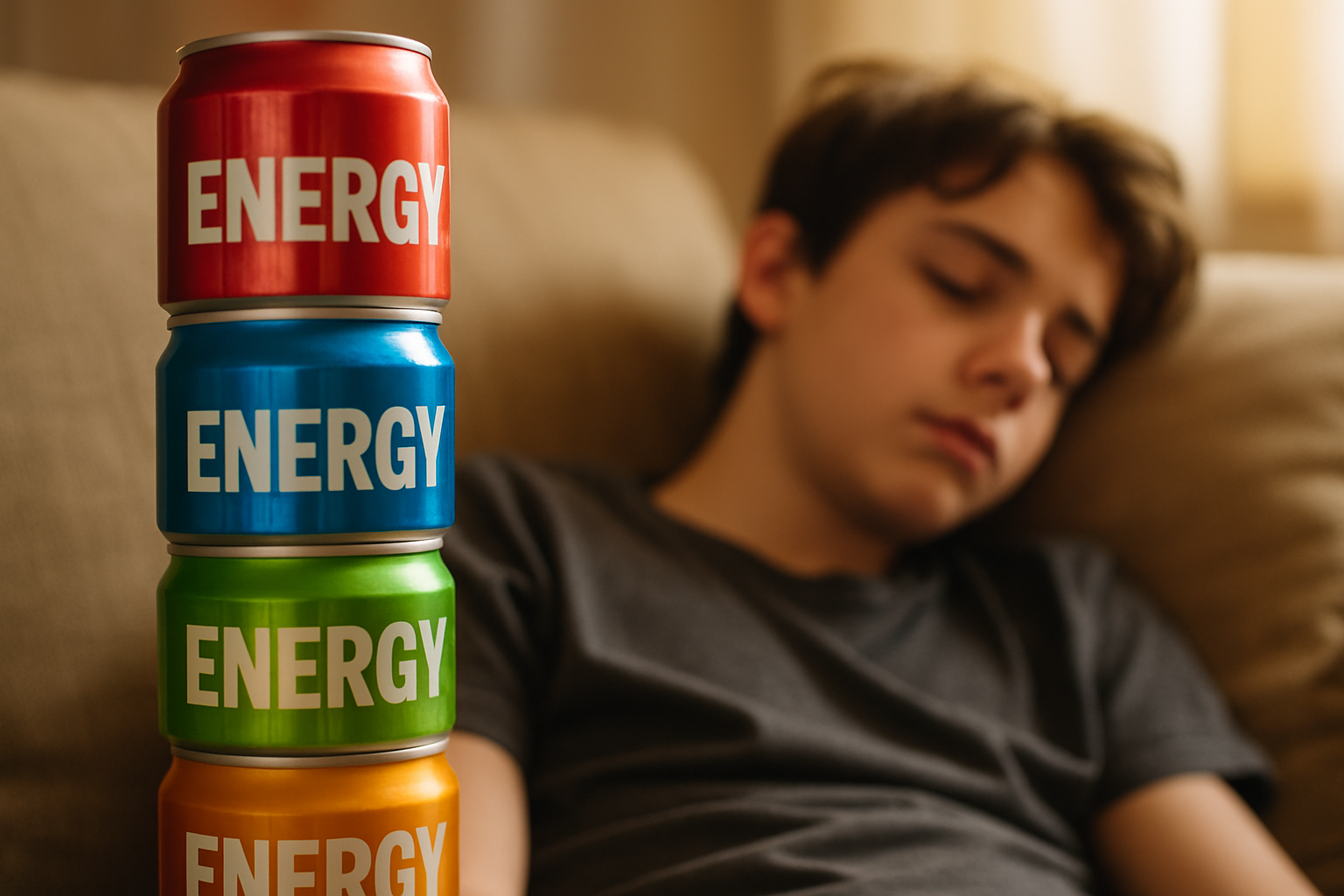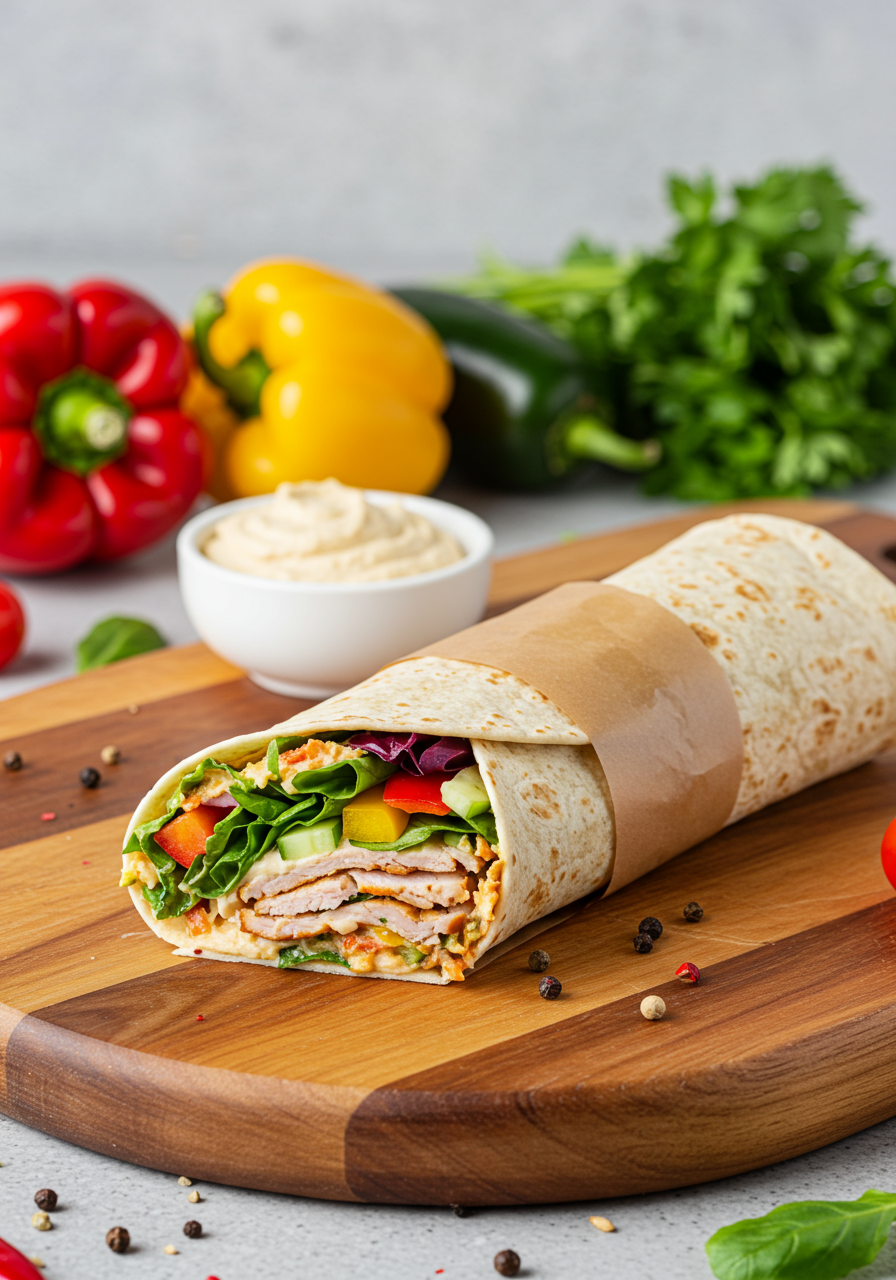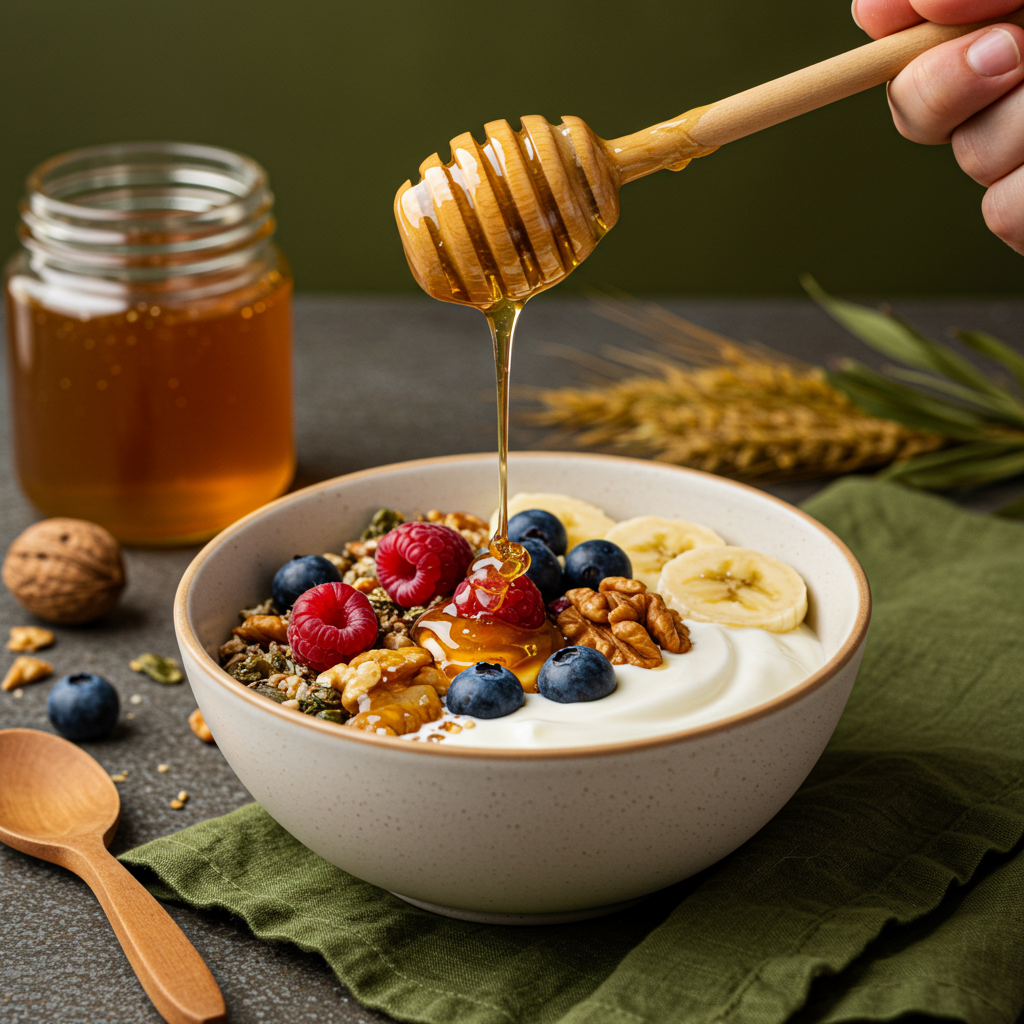Short version is that a little caffeine can sharpen focus and help on game day; too much (or too late) can tank your sleep, spike anxiety, and wreck performance the next day. Here’s the no-nonsense guide to caffeine for you...
The upside (in small doses)
Sharper focus: In a lab study with teens, caffeine improved sustained attention in a dose-dependent way. That means a little bit really did help people concentrate.
Sport performance (context matters): In adults, 2–3 mg per kg of body weight (≈150–200 mg for a 70 kg person) taken about 30–60 minutes before activity often improves endurance and reaction time. Teens’ data is limited from recognised studies, so be conservative—and remember side effects climb as the dose goes up.
The downside (especially at higher doses or bad timing)
Sleep killer: A classic sleep study showed even 6 hours before bed, caffeine cut total sleep by >1 hour. That’s brutal for learning, mood, and recovery. Aim for an 8+ hour cut-off to protect sleep. (If you sleep at 10 pm, stop by 2 pm.)
Jitters & anxiety: Higher intakes raise the odds of nervousness, fast heart rate, headaches, and blood-pressure bumps—problems the American Academy of Paediatrics (AAP) flags for young people.
Energy drinks ≠ harmless: Many pack 150–200+ mg per can and often add other stimulants (like guarana). A 500 ml energy drink typically contains ~158 mg caffeine—already a full day’s worth for many teens.
How much is “okay” for teens?
AAP: keep it to ≤100 mg/day (about one small coffee or two cans of cola) and avoid caffeinated energy drinks completely.
Some health agencies use a body-weight limit of ~2.5–3 mg/kg/day for children/adolescents (that’s 125–180 mg for a 50–60 kg teen). If you’re going to use caffeine, stick to the lower of these limits.
What do common drinks contain?
Brewed coffee (1 cup / 237 ml): ~135–179 mg
Black/green tea (1 cup): 30–50 mg
Cola (355 ml can): 36–50 mg
“Decaf” coffee (1 cup): ~3–5 mg (yep, not zero)
Numbers can vary by brand/size, so check labels when they’re available to see what exactly is in your drink.
When caffeine can help
You slept well, you’re not anxious, and you’ve got a big morning test, practice, or match. Try 50–100 mg (roughly a tea or small coffee) 30–60 minutes before you start. For sport, only consider a bit more if you’ve trialed it in practice without side effects.
When it’s more likely to hurt
After lunch or later (sleep pays the price).
You’re already stressed/anxious or have a history of palpitations.
You’re stacking it with energy drinks/pre-workouts (mega doses, other stimulants).
You’re regularly using it to mask sleep debt—that cycle always backfires.
Smart rules you can actually use
Cap it: Aim for ≤100 mg/day. If you prefer a weight-based guide, ≤2.5 mg/kg, but take the lower ceiling.
Time it: Nothing after ~2 pm if you go to bed ~10 pm (earlier cut-off if you’re sensitive).
Skip caffeinated energy drinks: Too concentrated, often with extra stimulants. If you want caffeine, choose coffee or tea and watch serving sizes.
Test on low-stakes days: Try a small dose on a normal practice/study day before you ever use it for an exam or competition.
Listen to your body: If you get shaky, nauseous, wired, or can’t sleep, dial it back or take a break—and talk to a clinician if symptoms are intense or persistent.
BOTTOM LINE: Caffeine can be a helpful tool only when the dose is small and the timing is early. Protect your sleep first—your brain and performance tomorrow will thank you. 🧠







Share:
Breakfast That Actually Wakes You Up (5-Minute Wins)
Build-a-Lunch: Affordable, Packable, Not-Boring